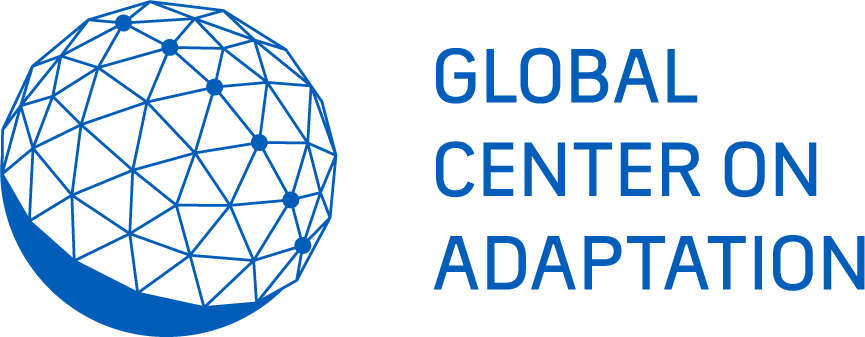Description
The WACA program is aimed at strengthening the resilience of targeted communities and areas in coastal Western Africa. It was developed in partnership with coastal communities in six Western African countries – Benin, Côte d’Ivoire, Mauritania, São Tomé and Príncipe, Senegal, and Togo. It is implemented through a portfolio of WACA Resilience Investment Projects which mainstream climate risks (i.e. SLR, flooding, temperature, extreme weather) and resilience measures into national policies and strategies.
The project also implements social and physical investments in three sectors particularly vulnerable (transport, urban, natural resources) in hotspot areas threatened by coastal SLR, floods and erosion. The WACA Platform is aimed at scaling collaboration, financing, knowledge, dialogue for coastal resilience in the region and at mobilizing investments for coastal resilience through bilateral discussions with traditional development partners for concessional and grant financing. The program also includes a WACA Marketplace, a simplified investment mechanism that aims to match the demand for coastal resilience investments with the supply of partner financing.
Stage of Implementation
In 2018, the World Bank approved a total package of USD 222 million to six countries with USD 20 million grant from the Global Environmental Facility (GEF) and the Nordic Development Fund (NDF). The French Development Agency (AFD) and the French Fund for the Global Environment (FFEM) provided additional and coordinated support to the package under the WACA Program. The project has a lifespan of five years from 2018-2023. As of June 2021, 17% of the committed amount has been disbursed. In Benin, 3,500 households are secured from coastal erosion and flooding. Co-financing agreements have been signed with 33 Biodiversity Community Conservation Areas cooperatives for Income Generating Activities (IGAs) in the fields of animal husbandry, fish farming, market gardening and agri-food processing.
Actors Involved
- DFIs and the Climate Change Funds: The World Bank, GEF and NDF are jointly funding the initiative. DFIs can take a role in de-risking projects and can also offer technical assistance in climate risk assessment and resilience building.
- Project developers: Project developers may be public, private, or joint (PPP) entities which will play a role in preparation and implementation of resilient project in the coastal ecosystems sector. Project developers have a relatively high-risk appetite, do not generally have climate mandates, and have limited independent capacity to raise capital.
- Regional Economic Communities (RECs): Various organizations contributing to the WACA program include the Abidjan Convention (ABC), Economic Community of West African States (ECOWAS), International Union for Conservation of Nature (IUCN), the West African Economic and Monetary Union (WAEMU). There are six officially recognized RECs (These are the Arab Maghreb Union (AMU), Community of Sahel-Saharan States (CEN-SAD), Common Market for Eastern and Southern Africa (COMESA), East African Community (EAC), Economic Community of Central African States (ECCAS), Economic Community of West African States (ECOWAS), Intergovernmental Authority on Development (IGAD), and Southern African Development Community (SADC).) which work closely with the African Union Despite constraints, RECs are critical for regional integration and to promote cross-border coordination and economies of scale.
Criteria
- Strong regional cooperation: This type of instrument will see most success in regions where there is strong regional cooperation through a REC or similar organizing entity. The instrument will therefore also be most effective in regions with generally stable political environments for the sake of cross-national collaboration.
- Project pipeline: This instrument would be most valuable in regions in Africa with significant pools of coastal ecosystems pipeline where adaptation projects are identified and prioritized and there is sufficient climate risk analytics capacity to ensure the projects meet set climate adaptation criteria.
- Currency stability: Because of the cross-national nature of the instrument, it may function best in regions where countries have relatively stable currency markets or where there is a common currency across countries (i.e., the Southern African Customs Union – where all countries operate on the Rand).
Applicable Countries
Considering the requirement of stable political system, strong regional cooperation and presence of bankable projects, countries in North Africa can be good candidates for update of this instrument.


